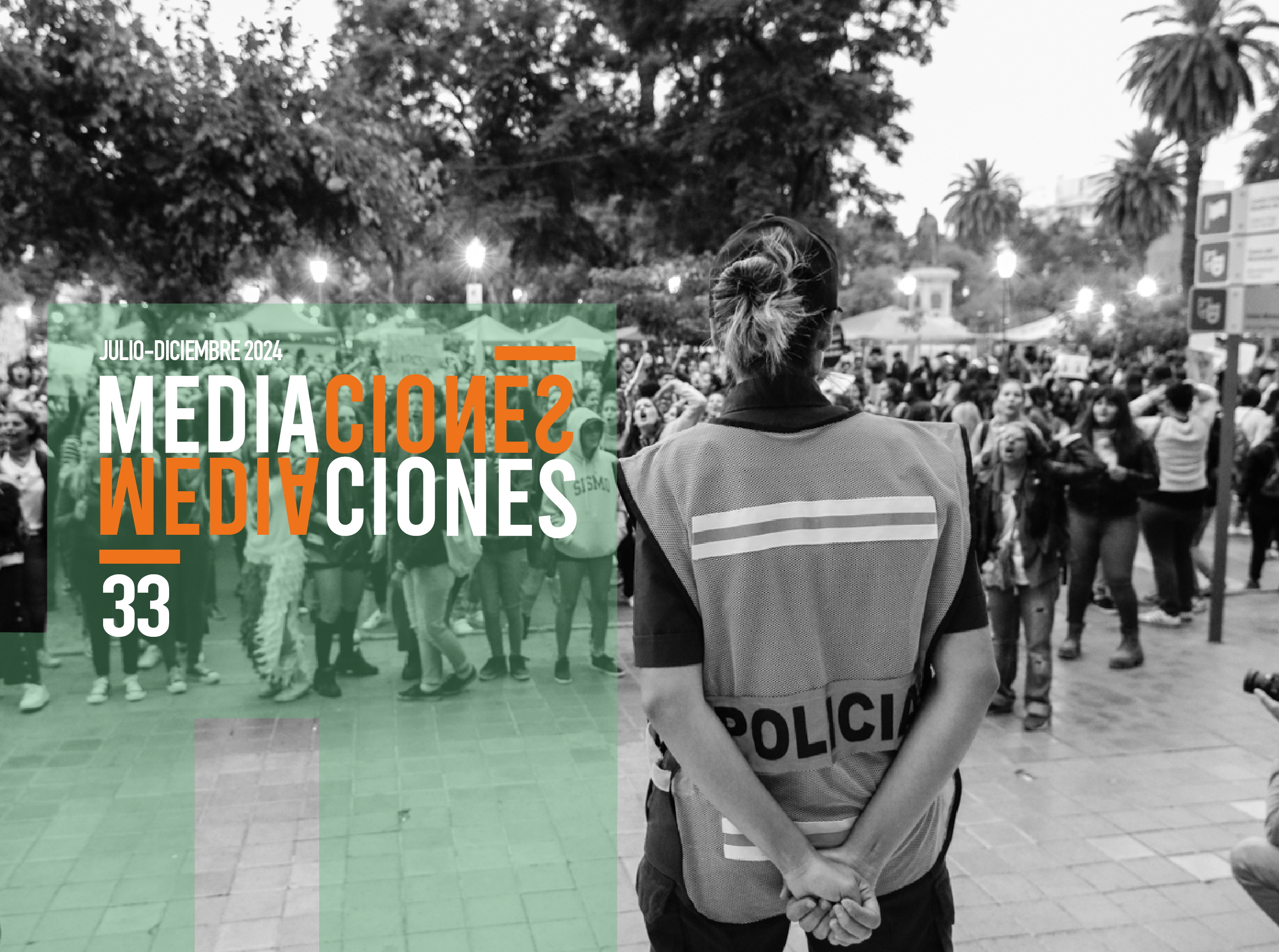To mobilize is to summon, to summon to communicate a powerful narrative
Main Article Content
Abstract
Unlike emotional mobilization, which appeals to the belief system of individuals to stimulate emotional response rather than rational behavior, social mobilization is an action of public communication (communicative action) of a political, social, cultural, etc. nature, which seeks mutual understanding or understanding between different and diverse individuals or organizations, to summon them to act jointly in pursuit of a common goal. To mobilize is to get people and organizations that are different, diverse and plural, to reach common objectives without renouncing their difference, their diversity or their plurality. The effect, closeness and a powerful mobilizing narrative are its two predominant characteristics. The reflection raises some risk areas faced by social mobilization processes.
References
Castoriadis, C. (2007) La institución imaginaria de la sociedad. Tusquets Editores.
Camaño, S. (26 de febrero de 2024). La generación de cristal y libertaria ¿la ven?, Página 12. https://www.pagina12.com.ar/710957-la-generacion-de-cristal-y-libertaria-la-ven
Diccionario Etimológico Castellano (2024). En línea. https://etimologias.dechile.net › movilizar.
Real Academia Española: Diccionario de la lengua española, 23.ª ed., [versión 23.7 en línea]. <https://dle.rae.es> 15/02/2024].
Flores, F. (2013). Conversaciones para la acción, Lemoine Editores.
Habermas, J. (1981). Teoría de la acción comunicativa, Vol. I. Taurus.
Jaramillo, J. C. (2012). Propuesta general de comunicación pública. «COMUNICAÇÃO PÚBLICA: Estado, Mercado, Sociedade e Interesse Público», 3ed, São Paulo: Atlas ISBN 978-85-224-7348-9, Cap 16, compilado por el investigador brasilero Jorge Duarte
Katz, E., y Lazarfeld, P. F. (1955). Personal Influence: The part played by people in the flow of mass communications. Free Press.
Lazarfeld, P. F., Berelson, B., y Gandet, H. (1944). The People's Choice: How the Voters Make up his Mind in a Presidential Campaign. Duell, Sloan & Pearce.
Morín, E. (2000). El paradigma perdido. Ensayo de bioantropología. Kairós.
Vélez. J. C., y Ramírez, J. (4 de octubre de 2016). El No ha sido la campaña más barata y efectiva de la historia, La República. https://www.asuntoslegales.com.co/actualidad/el-no-ha-sido-la-campana-mas-barata-y-mas-efectiva-de-la-historia-2427891
Saint-Exupéry, A. (1951). El principito. Emecé.
Toro, J. B., y Rodríguez, M. C. (2001). La comunicación y la movilización social en la construcción de bienes públicos. Departamento de Integración y Programas Regionales, Instituto Interamericano para el Desarrollo Social, Banco Interamericano de Desarrollo.Septiembre 2001. Serie de Documentos de Trabajo 1-25.


